Note: Welcome to all my new subscribers from around the world who joined following my “To Lose the World and Gain My Soul” post. I look forward to sharing my journey with you. And to my other subscribers who’ve supported this blog since the beginning, thank you all so much. I’m grateful for you.
While traveling I’d often ask myself, “What am I learning from this?” I didn’t mean what beaches to visit or when to see attractions. I meant, “How is this experience affecting me? How am I being changed?”
Because my travels required sacrifice. I had to do a controlled demolition of my life in the U.S., parting from friends, family, pursuits, passions, and a relationship.
I did physically dangerous things like ocean sailing and mountain climbing.
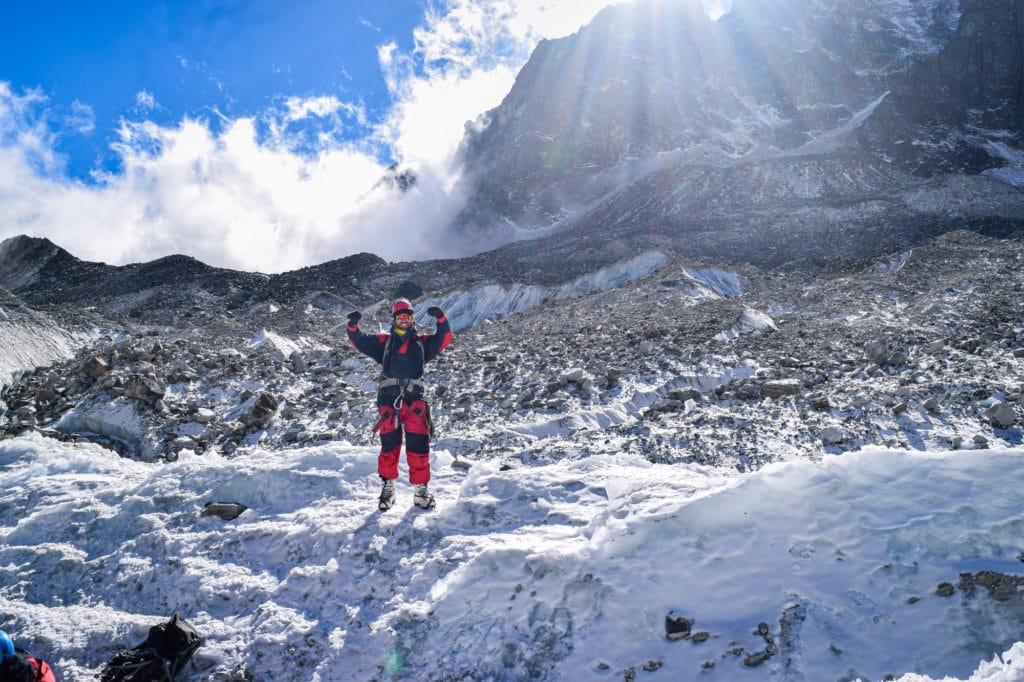
I also gave four years to the journey, crossing my late 30’s into my early 40’s. That’s a time when most men would be settling down, starting a family, buying a house, and saving for the challenging middle-aged years to come.
And I remember lying in bed one night, alone in a small room in Pisac, Peru, shivering from food poisoning and diarrhea. In the morning I was barely well enough to take a cramped public van to a local hospital an hour away. No one aboard spoke English and my Spanish was poor.

It can be tough to maintain morale in situations like that. And that was just the first incident of its kind.
I uprooted my life, took the risks, and suffered the pains, all in the hopes of guaranteeing that, by the end, I’d have gained something equal to or greater than what I gave up.
And I did, because during my four years outside the U.S., I came to see many things that weren’t taught to me by my classroom education or upbringing. From these many experiences, I distilled the following philosophies. I’m not the first person to think of some these thoughts, but I’m happy to have arrived at time-tested ideas, and to express them in my own voice.
Think of them together like a thesis from my 4-year graduate education overseas—my “master’s degree in life.” I share it not as an evangelist, but as an offering.
My aim is that you’ll read it and understand that there are many ways to view the world. I see now, more than ever, that each of us must decide to select one, or it will be selected for us.
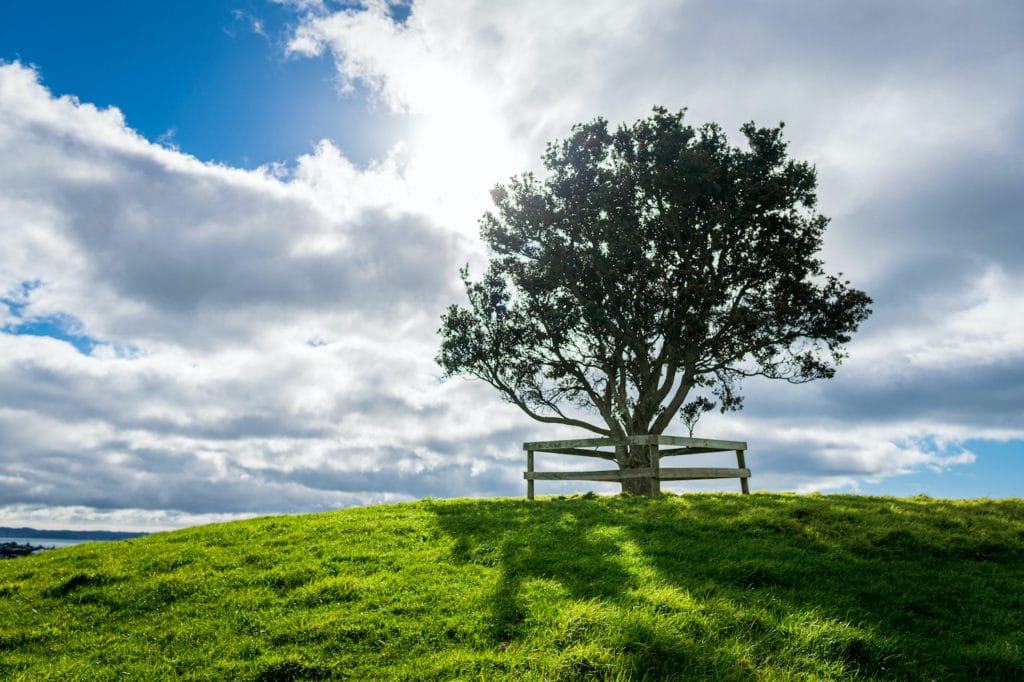
A Series of Assertions
OR What Traveling Taught Me
“To assert is to state positively with great confidence but with no objective proof”
– Webster’s New World Dictionary, Second College Edition
1.
Nothing is more fundamental to the individual than personal liberty from the external control of authority figures and systems. This includes governments, institutions, and corporations.
As a human being, I am born free and independent from all systems of control. I participate in them via my consent only.
I am free to withdraw my consent at any time, for any reason, or for no reason at all.
I am both a sovereign being and a member of collectives, but I am a sovereign being FIRST.
2.
I do not worship doctors, either MDs or PhDs.
Advanced degrees do not make men and women honest or moral. Plenty of honest, moral men and women lack advanced degrees.
3.
I will choose one honest man over a team of educated men.
4.
“The science is settled” is not how science works. If you believe this, then you’re not allowed to celebrate Copernicus, Galileo, Newton, Einstein, Curie, or any other scientist who challenged dogma and won.
You don’t get to play the mainstream and the underdog at the same time.
5.
Censorship is the tool of cowards.
Political correctness is a form of censorship aimed at thought.
6.
There are just two things in the universe: Matter and Consciousness. Only faith answers where they came from and why they exist. Nonetheless, both are real.
Science studies the Laws of Matter at the macro and micro scale.
Spirituality (including Religion) studies the Laws of Consciousness at the macro and micro scale.
Matter and Consciousness interact. Matter affects Consciousness. Consciousness affects Matter.
Human Beings are Matter and Consciousness combined. Thus it’s up to the individual to cultivate the roles that Science and Spirituality play in his or her life.
To abandon one in favor of the other is as wise as a man cutting off one of his hands because he doesn’t know how to use it.
It requires two skilled hands to play a musical instrument.
7.
Humanity is more important than Technology.
Technology is only sometimes a friend of Humanity.
8.
Artificial Intelligence (AGI) is not and never will be equivalent to Human Consciousness in the latter’s full expression.
There’s no such thing as “Artificial Intuition” or “Artificial Insight” or “Artificial Transcendence.” Intuition, Insight, and Transcendence are just three of the native functions of Human Consciousness.
These functions and many others become clear when observing the mind in meditation and prayer.
9.
The journey to becoming an integrated society mirrors the journey to becoming an integrated individual:
Stage I – Dependence: Inability to provide for oneself
Stage II – Independence: Stable ability to provide for oneself
Stage III – Interdependence: Stable ability to provide for oneself in community with others who possess the same ability
Only a person who has graduated from Stage II can progress to Stage III.
Stage II cannot be skipped. Attempting to do so doesn’t lead to Interdependence, it leads to Mutual Dependence. These are not the same thing.
Most people in developed Western societies are still in Stage I. Individuals aspiring to Stage II have been demonized in modern Western culture.
This is intentional.
10.
The best measure of a person’s use of power is in how consistently and skillfully they use it to advance others through the stages of human development.
A mother who lovingly helps her child grow from Dependence to Independence is a good mother. A father who lovingly helps his child grow from Independence to Interdependence is a good father.
A leader who encourages others through these stages, however they can, is a good leader.
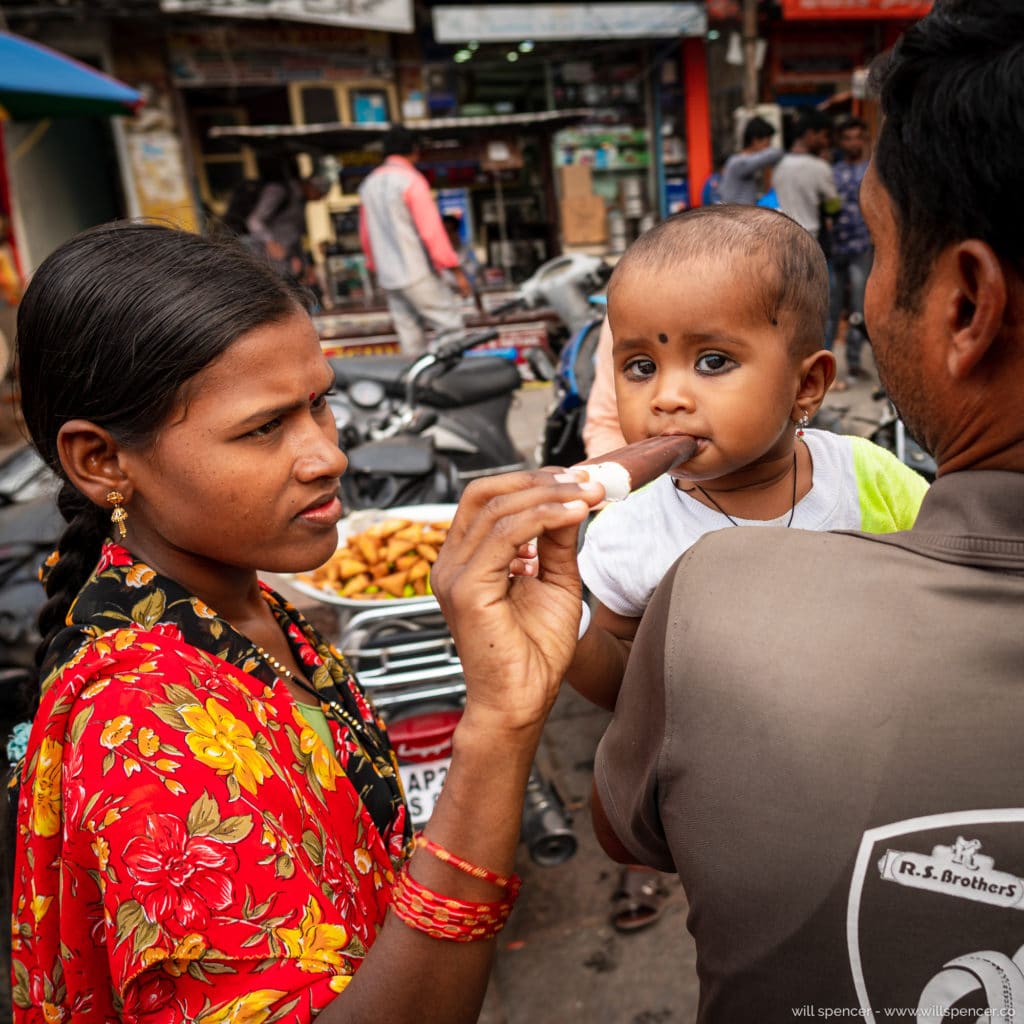
11.
Progressing through the stages of development is a painful process. It involves surrendering ways of thinking, speaking, and behaving. It can involve the end of relationships. It may cost money.
It almost always costs pride.
12.
Just because something is painful and difficult, doesn’t mean we don’t have to do it.
13.
Men cannot teach girls how to be women.
Women cannot teach boys how to be men.
14.
People lie, all the time, for many reasons. Those who have the most to gain often tell the biggest, most persistent lies.
Some lies have been propagated over decades, centuries, and even millennia to create desired outcomes.
15.
Lies centralize power. Truth decentralizes it.
Phrased another way: Lies bind. Truth liberates.
16.
Nature cannot lie.
Lies are entropic: they collapse on themselves eventually.
Truth is eternal. Therefore, Truth always wins, and is the only solid foundation on which to build.
17.
The truth cannot be hidden. But we may not recognize it when we see it.
18.
The subjects in our lives that cannot be questioned are the very things that must be questioned.
The truth about anything is often in the last place we’re willing to look.
19.
No one has ever been genuinely harmed by the truth.
20.
Everyone believes some mixture of truth and lies. That is part of being human.
21.
Authentic Spirituality (including Religion) entails a process of personal transformation. Only Truth causes transformation. Therefore, in order to be authentically Spiritual, one must pursue Truth.
If a person is not on a courageous, self-motivated quest to discover and embody the Truth about the Universe, the world, other people, and themselves, that person is not “Spiritual.” They are a pretender.
Consumerism has commodified Spirituality to such a degree that most “spiritual” people do not recognize that they are pretenders
22.
Truth is at first liberating. Then it is terrifying.
Then it is liberating.
Like a turning wheel, these sensations indicate forward progress in the journey of Truth.
23.
A person can choose to go all the way on the Truth journey in a single lifetime, or at a pace that best suits them. The only requirement is not to stop.
Turning back is impossible.
Be wary of getting lost.

24.
“Being a good person” is about more than “not doing the wrong thing.”
Being a good person is about actively seeking to understand for oneself what “doing the right thing” is, and doing that thing, even in the face of overwhelming opposition.
25.
Authorities, institutions, families, and friends can only suggest what “the right thing” is. They do not determine it.
26.
Doing the wrong thing “for the right reasons” is still doing the wrong thing.
27.
Most individuals don’t know or recognize where their worldview comes from. In general, people inherit the bulk of their worldview from parents, friends, society, and the media.
The vast majority of people haven’t taken the time, done the study, or accumulated the experience necessary to develop and embody an independent, self-cultivated worldview.
The vast majority cannot even imagine how to begin to do such a thing.
28.
To argue intelligently for one side of an issue, you must also seek to understand the other side to an equal or greater degree. Otherwise your understanding of the issue is incomplete and your arguments will reveal themselves to be flawed to a knowledgeable enough opponent.
Most people who have strong opinions never expose themselves to knowledgeable opponents. This is one meaning of “lacking the courage of your convictions.”
29.
If your opinions involve constraining others by telling them how to think, speak, or behave, you are obligated to expose your opinions to challenge by the strongest opponents you can find.
If you cannot find such opponents, you are obligated to use your own intellect and awareness to challenge your opinions yourself, with the same amount of strength you use to propagate them.
To do this, begin with the assumption that your opinion is true. Then do everything in your power to prove it false, and see what happens.
It’s obvious when someone has completed this exercise, and when someone hasn’t.
If someone hasn’t, it’s fair to disregard their strong opinions as angry noise.
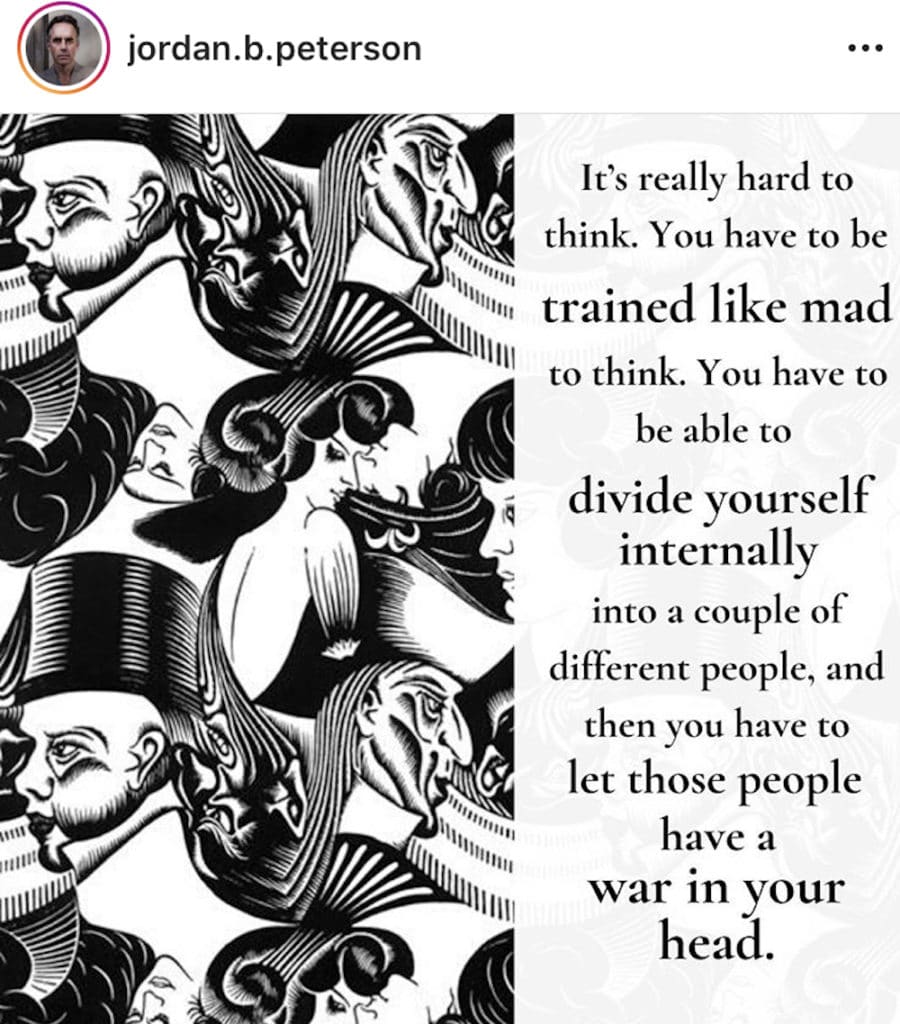
30.
The teacher is not the knowledge. The map is not the way.
31.
A person may feel that belief in God is optional. The existence of Evil, however, cannot be denied.
Being brave enough to look in the face of Evil is one route to understanding what God is.
One will ultimately reveal the other.
32.
This is the most difficult, vital, and revealing question anyone can answer for themselves today:
“Would I rather be right, or walk with the truth?”
Please sit with this question in your heart and in your life until you’re strong enough to accept the correct answer.
If I’ve accomplished one thing in my life for which I’m grateful, it’s that I accepted the correct answer a long time ago.
Accepting the correct answer is an ongoing process.
33.
And last but not least:
I will refuse any mandatory medical treatment for any disease, real or imagined; past, present, or future.
I assume full responsibility for the care, maintenance, and improvement of my health, hygiene, and natural immune defenses.
I respect and will adhere to anyone’s desire for physical distancing.
I will destroy my smartphone before accepting tracing software.
I will not inform on family, friends, or neighbors.
I am sovereign over the biological universe of my body.
I do not consent.
34.
Included to ensure this isn’t mistaken for a Scottish Rite initiation.
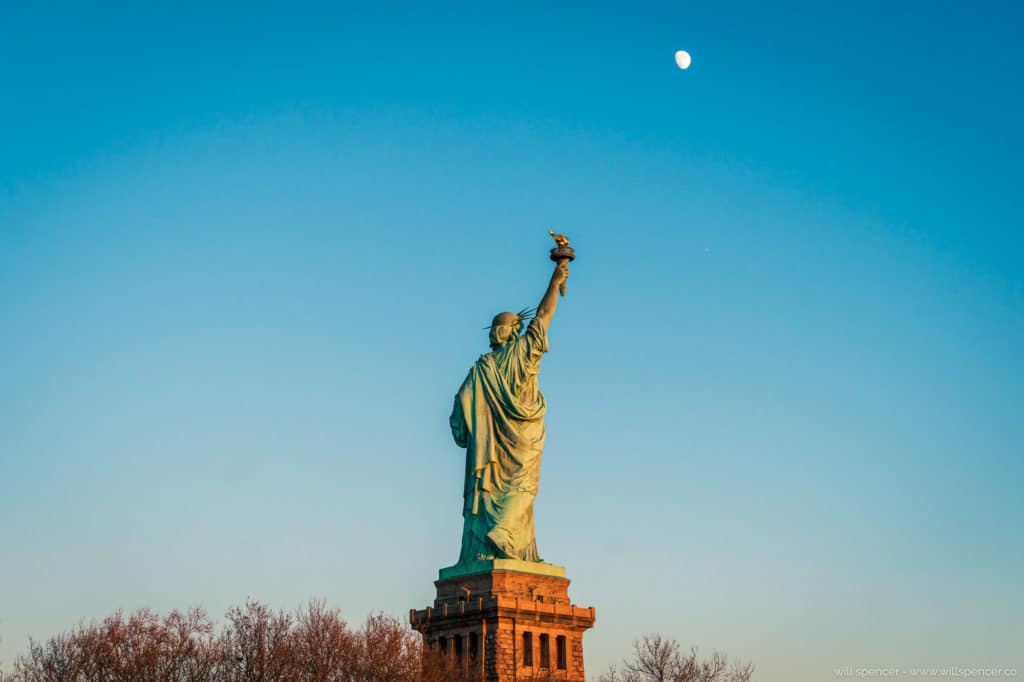
Note to commenters: This post is offered in the spirit of open dialogue with thoughtful adults.
Thanks to Tim, Eddie, John, Dan, Rob, and Jamieson for their valuable input on this piece.





13 Comments